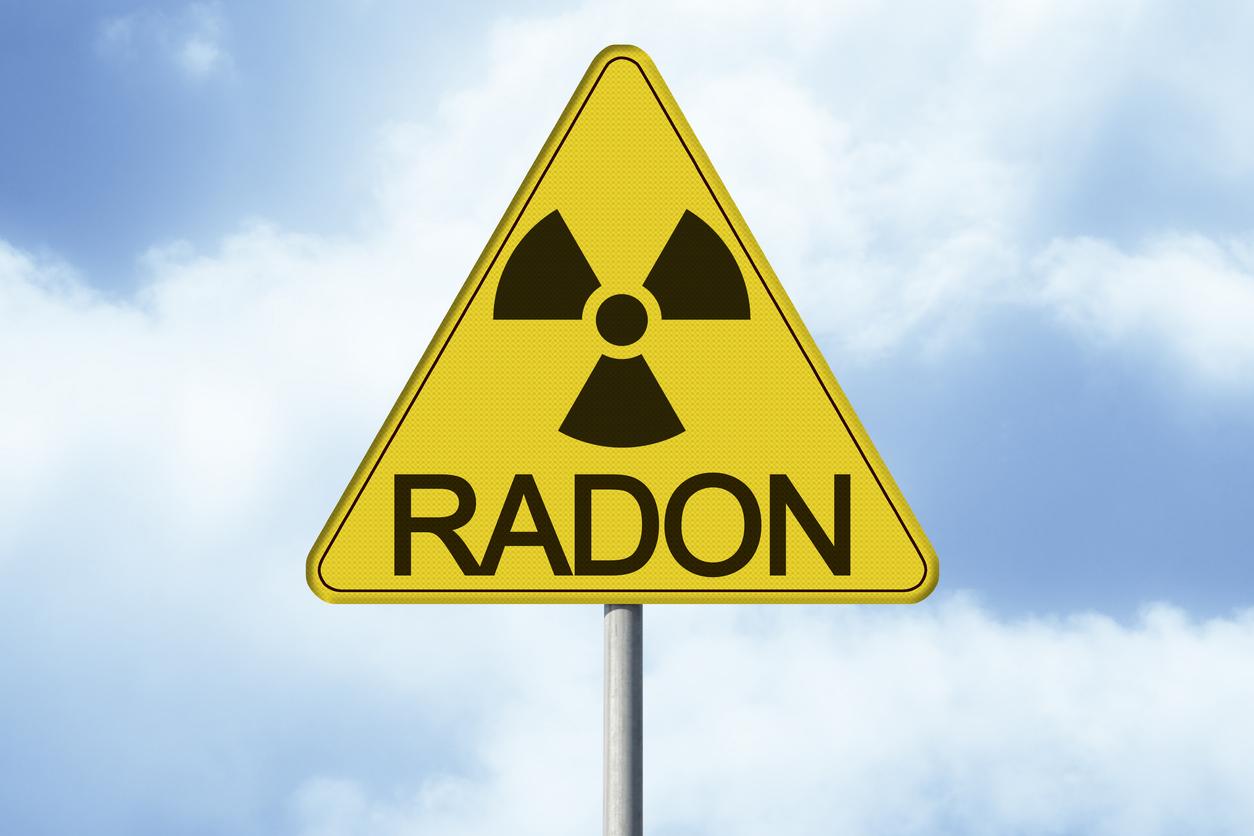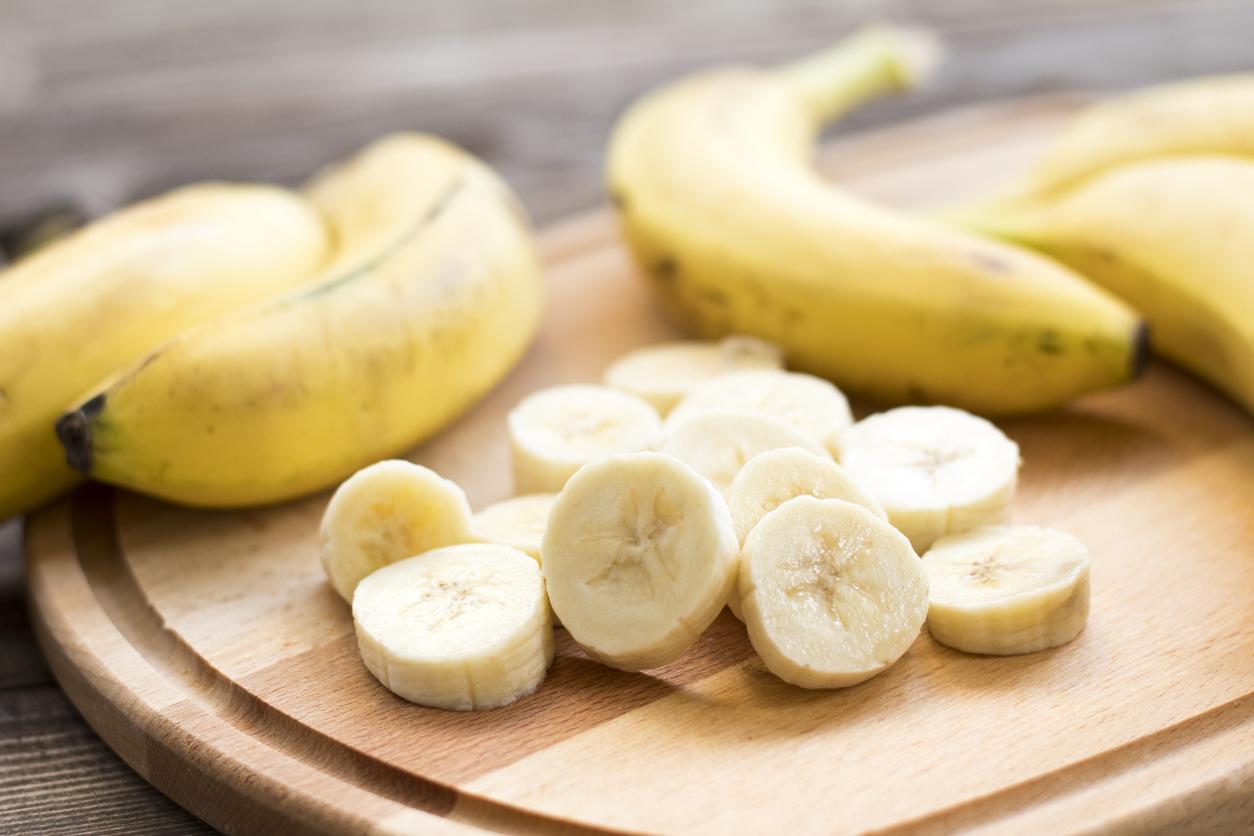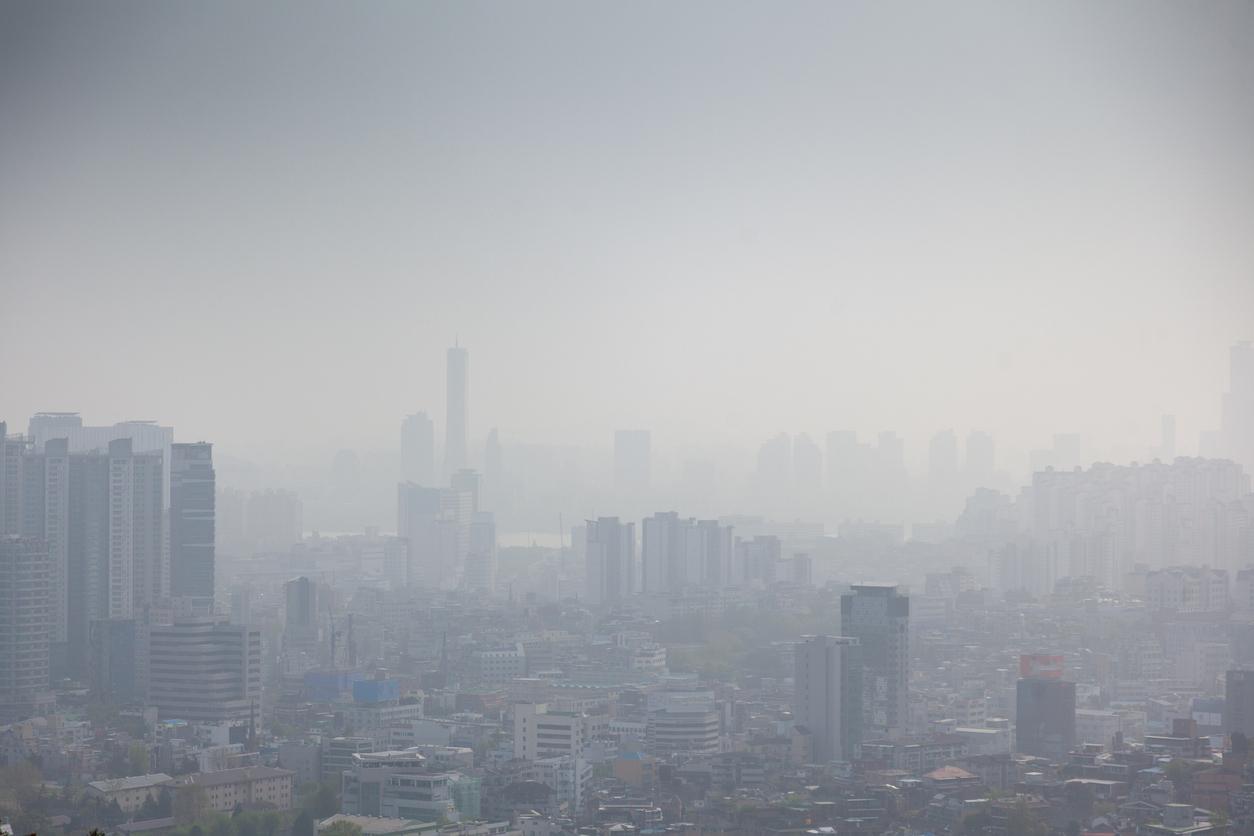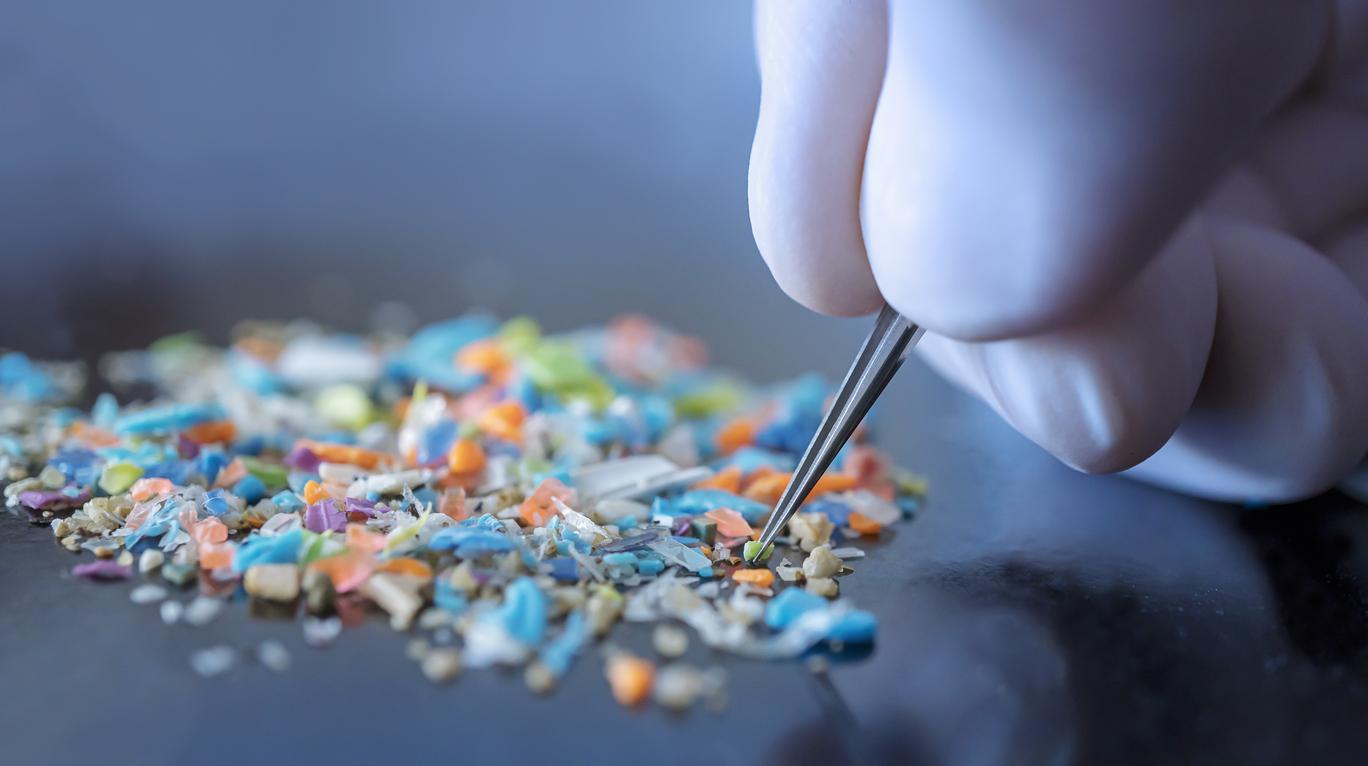After six months of hearings, the parliamentary commission of inquiry responsible for shedding light on the health and environmental consequences of chlordecone in Martinique and Guadeloupe, must deliver its conclusions on Tuesday and point to the State as “first responsible”.

“The State has subjected the populations and territories of Guadeloupe and Martinique to reckless risks, in view of the scientific knowledge of the time.”
Here is the conclusion reached by the members of the parliamentary commission of inquiry in charge of investigating “public and private” responsibilities in the chlordecone health scandal.
After six months of hearings and more than 150 people questioned, including the current Ministers of Health, Overseas Territories and Agriculture, the report of the commission, the conclusions of which are to be made public on Tuesday 26 November, considers that the State is the “first responsible” for the extension of the use of this insecticide, whose dangerousness for human health and its persistent nature in the environment had been underlined since 1969. It was however used in banana plantations of the French West Indies until 1993.
“Multiple alerts” ignored by the State
An insecticide classified as a probable carcinogen in 1979 by the World Health Organization (WHO), chlordecone was banned in the United States in 1977 and in mainland France in 1990. In Martinique and Guadeloupe, chlordecone continued to be used in banana plantations to control banana weevil under government derogation.
Massively polluting the soil for up to 700 years, chlordecone is strongly suspected of promoting the development of prostate cancer. Classified as an endocrine disruptor, it can also be the cause of severe neurological disorders – motor, mood, speech and immediate memory disorders, anarchic movements of the eyeballs – and testicular disorders. According to a recent survey by Public Health France, almost all Guadeloupeans (95%) and Martiniquans (92%) are contaminated with chlordecone. It was not until 1999 that the health scandal around its use broke out, when a campaign by the Department of Health and Social Development showed that the soils have been contaminated for centuries, just like the rivers, the sea coast, livestock, poultry, fish, shellfish and vegetables.
For the parliamentary commission of inquiry, whose report is quoted by The world, it is indisputable that “maintaining banana production has too often taken precedence over safeguarding public health and the environment”. “Between 1975 and 1992, multiple alerts should have led the regulatory authorities to re-examine the authorization given for the use of chlordecone. In fact, they have been largely ignored”, continue the members of the commission.
“Faulty inventory management”
The state is all the more culpable, the commission believes, since the effective ban on the insecticide in Guadeloupe and Martinique resulted in “failing stock management” after that date. It was not until 2002 that the first chlordecone recovery campaign (9.5 tonnes recovered in Martinique and 12 tonnes in Guadeloupe) was carried out.
For The worldwhich is based on the archives of the General Directorate for Food of the Ministry of Agriculture (DGAL), “the intense lobbying of groups of planters and industrialists, the interventions of certain elected officials and the explicit support of the services offices of the Ministry of Agriculture in favor of a ‘miracle molecule’ considered essential for the balance of the Caribbean economy”, explain the inaction of the French State.
A law to “get out of chlordecone”
What can be done now to limit the pollution linked to the use of chlordecone? Asked by The worldthe MoDem deputy of Guadeloupe Justine Benin, also rapporteur for the parliamentary commission of inquiry, “only a law will make it possible to engrave in stone the principle of actions to repair the damage suffered by populations in great suffering and to restore confidence towards the state.”
It therefore pleads for an orientation and programming law for “get off chlordecone” and the appointment of an interministerial delegate dedicated to chlordecone in Guadeloupe and Martinique.
A compensation fund for victims of the insecticide, included in the Social Security finance bill for 2020, should allow chlordecone patients to obtain compensation.
.

















